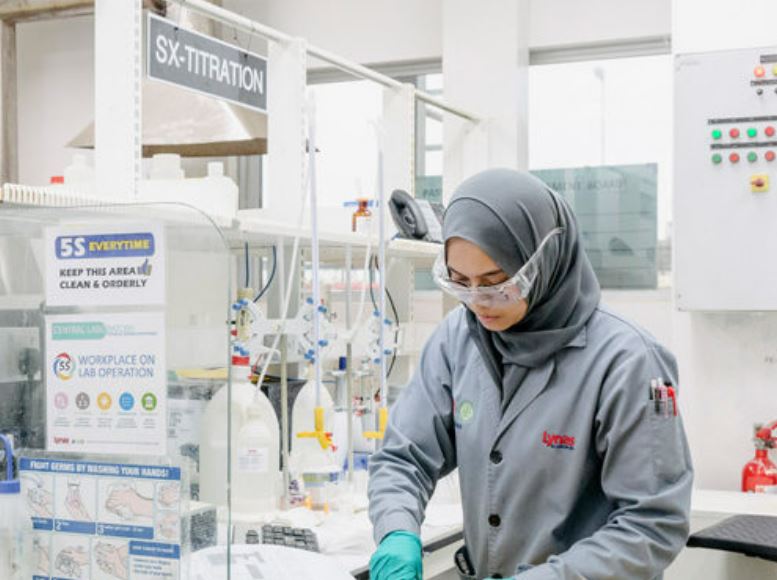If covid-19 has taught us anything it is that Australia needs to be more self sufficient in what we manufacture onshore and depend less on globalised supply chains that are easily interrupted by accident or design.
For advanced nations there is a range of rare earths that are essential to high tech products such as computers and permanent magnets, as well as minerals critical to electric vehicles ranging from basic copper for electric motors to lithium and other battery metals.
Australia produces these minerals in abundance, but has foolishly allowed other countries to process them into valuable materials offshore – we have even allowed the refining of simple products such as copper to go offshore.

The federal government has begun to back in-country processing of battery and other critical metals, but we need to go a whole lot further to ensure supplies for ourselves and friendly nations, as well as maximising value-adding and retaining economic benefits right here.
Now the US Government has come to the party and will help fund Australian critical minerals projects through its export financing arms.
US President Joe Biden enacted wartime powers to boost the domestic supply of minerals crucial for the manufacture of defence equipment and electric vehicles just as trade minister Dan Tehan paid a visit to Washington.
He was accompanied by the heads of Australian companies Iluka Resources, Australian Strategic Materials, Cobalt Blue Holdings (ASX: COB), Lynas Rare Earths, RZ Resources and VHM, which are all looking for cheap finance to fast-track their projects.
While we have great potential in our mineral wealth, China produces almost 80 per cent of global critical minerals.
We have to look to our own future in this.
In any further developing of global supply chains it is not acceptable to be sending over part processed minerals – we have to go down the chain as far as we can to produce as near to final product as we can.
If the final products are solar PV panels and semiconductors – we have got to produce more of those and not just export irradiated silicon as we do today, while relying on a single small factory to make PV panels locally.
If they are rare earths Neodymium-Praseodymium used in high tech products we need to at least produce those metals onshore – Lynas Rare Earths does most of its processing in Malaysia (pictured) and Australian Strategic Materials plans to turn ores into metals in Korea.
As for semiconductors we have but one medium size silicon foundry in Sydney.
We have made a start, but we have to be prepared to consider wartime powers, mandates and export controls alongside ventures with friendly nations.
Let’s not waste this emergency – let’s get serious about onshore processing and value-adding.
This story was originally published by @AuManufacturing. You can subscribe to the @AuManufacturing newsletter here.
Do you know more? Contact James Riley via Email.
